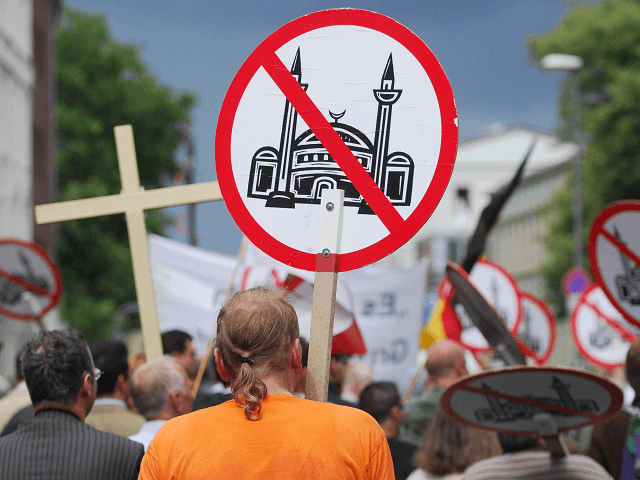The Alternative for Germany (AfD) party has announced its intentions to legislate a minaret ban ahead of regional elections on Sunday. The move comes as broad support from the traditionally apolitical Russian-German community continues to grow.
The new proposed federal AfD manifesto will be put to a vote on April 30th with a number of potentially controversial policies, reports Bild. The party is looking to enforce the concept of the separation of faith and state with a number of initiatives directed at religious customs.
The party announced that it will seek a ban on minarets and the Islamic call to prayer which is traditionally sung and often played through loudspeakers throughout the day. Party strategists justify this saying that the minaret is a “symbol of Islamic rule,” and that current policies “contradict a tolerant coexistence of religions,” which they claim only Christian churches embrace in the modern age.
They also took aim at halal slaughter saying that they believe the special religious rules are contrary to the German Animal Protection Act. AfD would rather see animals slaughtered in the most humane way possible as halal slaughter would be regarded as cruel if it were not given a religious pass. Male circumcision was another related policy point that the party supports banning, stating that circumcision is contrary to human dignity and it disregards the fundamental rights to physical integrity and self-determination of affected children.
According to Die Welt, the AfD is getting broad support from Russian-Germans who have until recently been thought to be mostly apolitical. Russian-Germans are the descendants of ethnic Germans who escaped the Stalinist Soviet Union or who were forcibly relocated after the war. The migrant crisis and the story of the rape of a 13-year-old in Berlin are thought to have galvanized that community.
Many Germans still consider Russo-Germans as outsiders, and Russo-Germans themselves say that they are not always accepted by their fellow countrymen. “If you say you come from Haidach, it is the same, you are Russian,” said Nicole Herber, a university student. Andreas Fabricius who is an ethnic German from Kazakhstan said Germans often refer to him as “agent Putin” but he said, “never as a German citizen,” though he has been in Germany since 2002.
Some 50 migrants currently live in the district of Haidach and many have reported becoming worried for their own safety while walking the streets at night. Approximately 20 anti-migrant demonstrations have occurred in the area since January, attracting up to 800 people on the streets. The speakers at the events said women and children were particularly vulnerable to possible attacks from migrants.
According to the pundits, the German regional elections this Sunday may see large gains for the AfD who won between 10-20 per cent of the votes in last weeks Hessen elections. The strongest AfD support is in Saxony which will be voting this weekend along with several other regions.

COMMENTS
Please let us know if you're having issues with commenting.